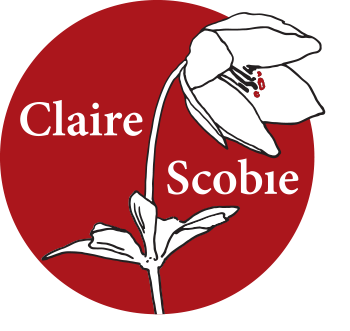16 Dec Last seen … feeling confident
 A reoccurring theme in my writing workshops among participants is that what they have to say, or want to say, isn’t interesting to other people. How many times have I heard this sort of comment (usually slightly plaintive):
A reoccurring theme in my writing workshops among participants is that what they have to say, or want to say, isn’t interesting to other people. How many times have I heard this sort of comment (usually slightly plaintive):
- ‘I don’t think anyone will care about my story’ or
- ‘What I’m saying has been done before’ or
- ‘I feel like a cliché.’
Firstly, you’re in good company. I’ve said exactly the same to friends and to myself. I now understand the attraction of fiction. If exciting things don’t happen to you, make it up. Invent. Imagine.
But here I want to stick to non-fiction, whether it’s travel or memoir or life-writing.
Firstly, questioning what you write is important. If you have written 10,000 words about one morning on a river boat in Bangkok, which is essentially navel-gazing; or you’ve written a story which runs along the lines of… ‘And then I got up and had a shower, ate cereal for breakfast, emailed my friends back home etc.’ Well, you’re probably right.
This won’t be scintillating.
Too much inner rumination can be tedious. All of those abject naturalisms (that’s the posh term for describing minute details of real-life action) will slow a story down.
But that isn’t to say you haven’t got an interesting story to tell. Secondly, our tendency is to self-doubt. I was at a school assembly the other day and the school head gave a rather stern lecture on how children shouldn’t boast. He said that it was okay for children to speak up for themselves, but they must know when to stop.
While he had a valid point, I think wallflower syndrome can become so internalised that we second-guess everything we write. This is paralysing.
So, how to believe in your own story?
If you’re writing about a journey, try to have a balance between show and tell, action and reflection, dramatic scenes and back-story. How you structure your work will transform a linear narrative into one that is multi-dimensional. If you feel you didn’t do enough ‘thrilling’ things on your holiday, include research to give weight to your words.
Alternatively, use interviews with people you meet and dialogue to bring in other voices. Think about the ‘emotional beats’ of your story: those high points, moments of drama or revelation. Structure your work around them. Find a good writing buddy and be prepared to re-write parts.
But most of all, remember that you’re unique and so is your story. No-one else would have experienced the sunset just like you did, or the Eiffel Tower like you and your family.
Trust in that—and don’t worry if you occasionally boast!
